Mad March on a farm with 75 births a day!
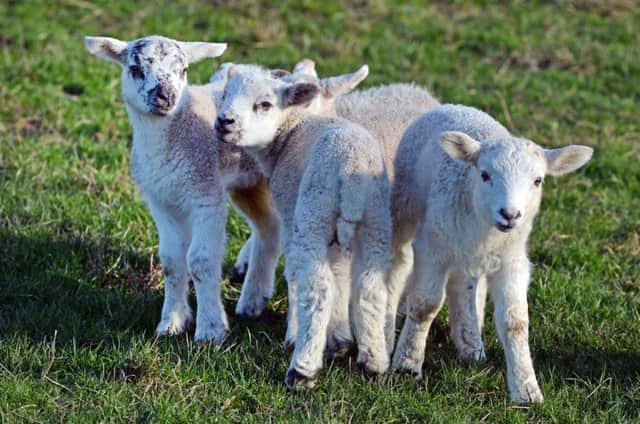

So this is it - the lambing season; a mad three weeks in March which decide whether the next year is going to be good, bad or indifferent for a Harborough sheep famer.
At Craig Langton’s Manor Farm in Burton Overy, they’re up to around 75 births a day now, from his flock of 360 ewes.
Advertisement
Advertisement
If he can keep more than 650 lambs alive (out of 720) and sell them at a decent price - £75 a lamb would be good - then this year will be a profitable one.
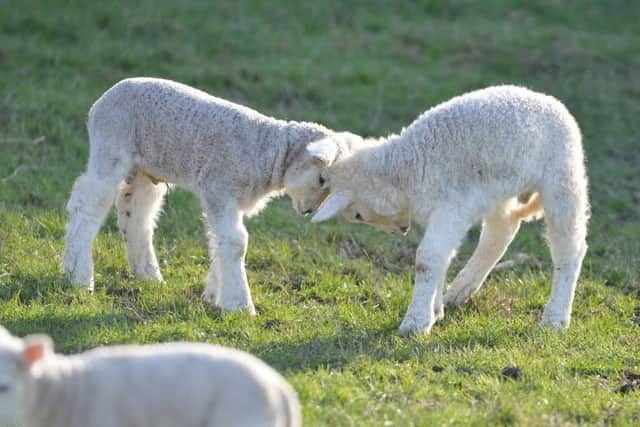

But there’s a lot of work to do between now and market time in the summer.
First up is making sure as many new lambs as possible survive - not easy when modern lowland ewes can give birth to three or even four lambs at a time.
“Number of lambs is even more important than price” says Craig. “It’s a no-brainer - do I want to sell one lamb at £80 or two at £60 each?”
Advertisement
Advertisement
So Craig, son Jack, wife Nicola and a team of helpers work literally round the clock to keep as many mothers and newborns as possible healthy.
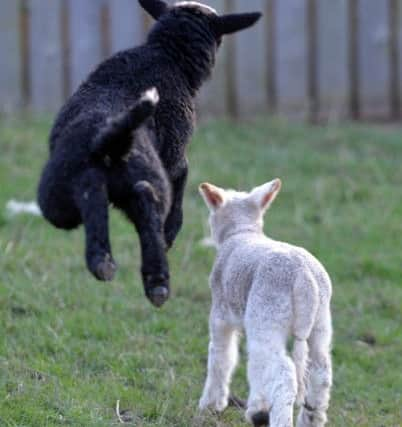

When the Mail arrives on Monday at 4pm, Craig says “we’ve had 52 lambs born today so far, and there were about 150 over the weekend.”
New lambs are moved into small individual pens with their mothers - apart from a few waifs and strays who are placed with an automatic feeding machine which delivers milk when the lambs suck.
Colostrum is the key now. That’s the “first milk” that a ewe produces immediately after lambing.
Advertisement
Advertisement
Colostrum contains a high level of nutrients that are important for lamb health, and a high level of antibodies against a variety of infections.
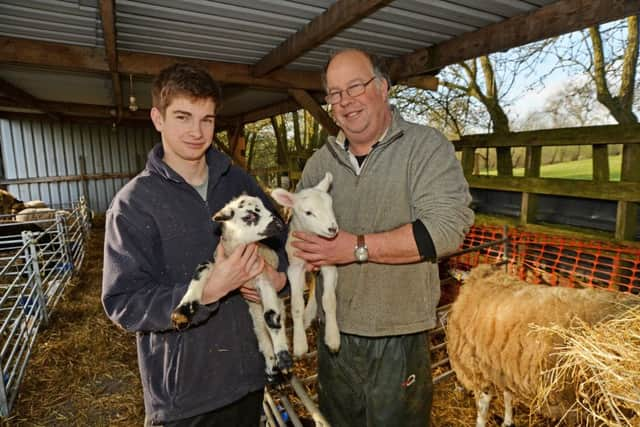

If there’s not enough from the sheep, a local farmer supplies cow’s colostrum.
“Then after two days or so, they’ll be back out in the field” says Craig. “And - depending on the weather - prey to all sorts of parasites.”
Interestingly, lambs have an instinct to avoid parasites- they tend to nibble at the top of the grass; parasites tend to be found closer to soil level.
Advertisement
Advertisement
Sheep must be sheared too, not just to keep them comfortable in summer, but also to prevent ‘flystrike’ - parasitic flies that lay eggs in dirty fleeces.
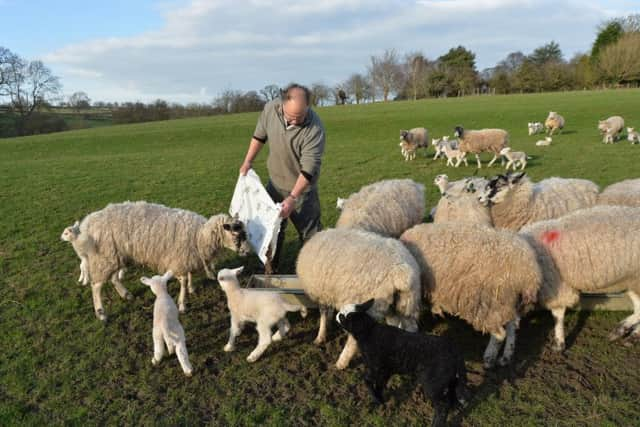

“It’s not all plain sailing” said Craig. “There are still things that can go wrong.
“But I wouldn’t want to do anything else. I love my job and I love trying to increase my knowledge. Sheep farming has come on tremendously, even in the last 10 years.”
This summer Craig will probably sell 95 per cent of his lambs at Harborough, in the small auction site off Foxton Road, Lubenham.
Advertisement
Advertisement
A lot of the lambs will then go for export to Europe (not live).
“The National Farmers’ Union (NFU) are watching the Brexit talks, to make sure farmers don’t get sold down the river” said Craig.
For Craig, Brexit was the pressing of a “gamble” button - he’s wary about what it will mean for farmers like him - and for Harborough.
“We have to remember the Harborough countryside, with its small enclosed fields, is like it is largely because of sheep farmers” he said.